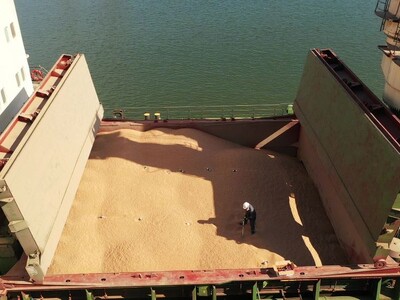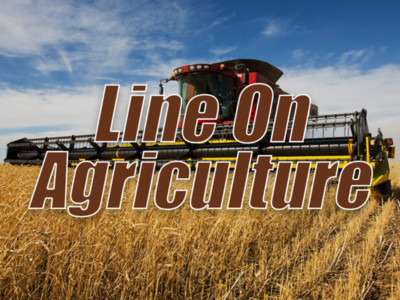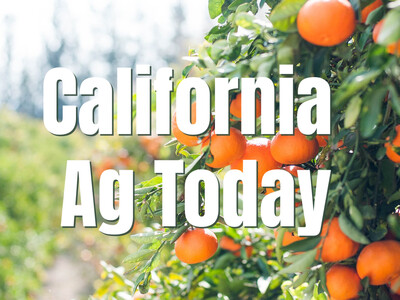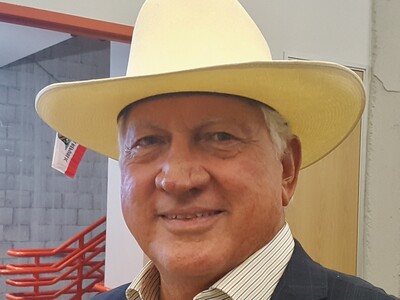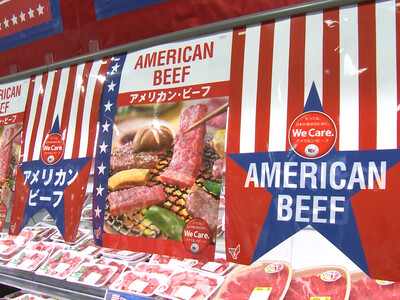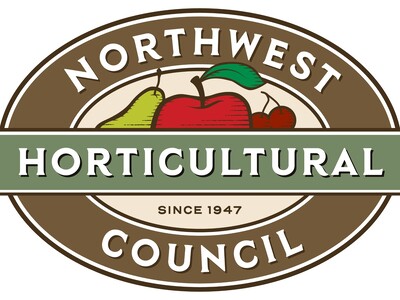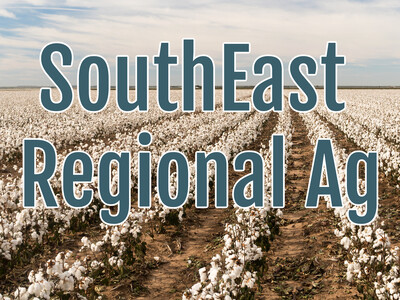Analyzing Digesters
Analyzing Digesters. I’m Greg Martin as Line On Agriculture presents the Harvest Clean Energy Report.
The renewable game is under close scrutiny and many groups are using their expertise to help the industry grow and flourish. Nora Lake-Brown, a principal with Paul David Rosen Associates, who specialize in financial and development feasibility analysis for real estate including affordable housing and renewable energy, talks about a recent study they performed regarding bio-digesters.
LAKE-BROWN: The study is one we performed for the Washington State Finance Commission which is their agency involved in bond financing and their SET program which is their renewable energy program. So they were exploring financial feasibility of digesters. (They) had us basically do a study looking at the 6 operating digesters in place now and doing various sensitivity analysis.
She says the industry is changing quite rapidly with a number of new feedstocks and by-products changing the revenue side of the equation.
LAKE-BROWN: And then trying to deal with the challenges because of a lot of the government financing that has been in place for the early projects is phased out and so we were really trying to help develop a market based model to see kind of what it takes to make digester development feasible without government subsidies.
She talks about some of the discoveries they made in doing the report.
LAKE-BROWN: We discovered that use of, in Washington State, digesters are exempt from solid waste permits which adds a whole other layer of permitting process if they use no more than 30% pre-consumer food stocks along with manure and other farm vegetable or by-products. And we found that using that because of the higher energy content in these pre-consumer food stocks that even using 10 or 20% really boosts the energy output.
And that helps the revenue equation substantially even without payment of “tipping fees” or a price charged to deliver municipal solid waste to a facility.
LAKE-BROWN: What we’ve seen in Washington as more digesters come online there’s actually been more competition for this food stock which has bid down the price that digester operator are able to get in terms of “tipping fees” for prople to dump it. But even without that because of the added energy production that that’s really beneficial.
For additional information on clean energy, visit harvestcleanenergy.org. That’s today’s Line On Agriculture. I’m Greg Martin on the Ag Information Network.???www.harvestcleanenergy.org




